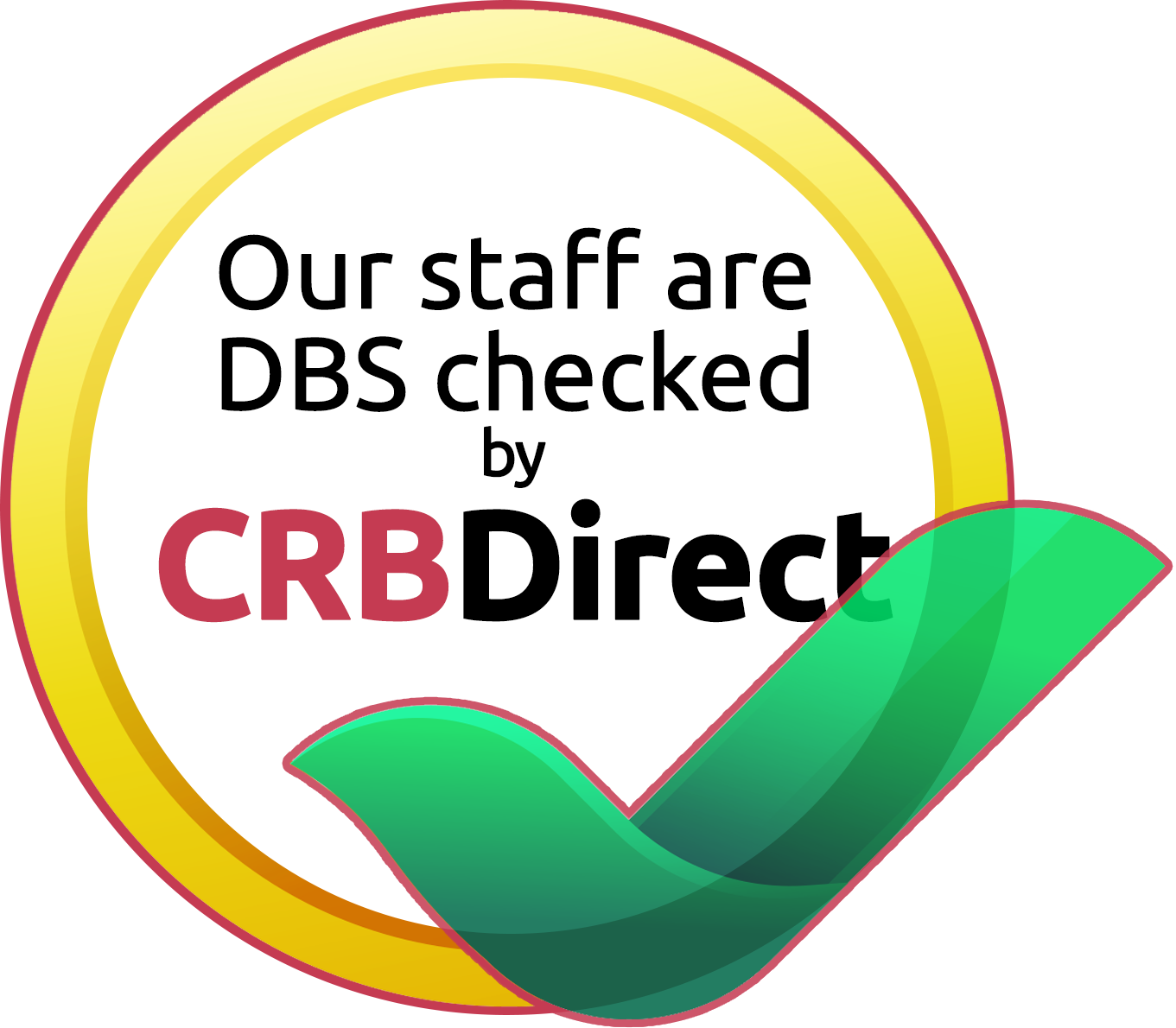The care sector in the UK is under more pressure than ever before. Carers across the country coping with an ageing population and increased demand. The sector was struggling along, until coronavirus hit. Although carers are classed as key workers, a large percentage going off sick would dramatically affect levels of care. Carers don’t just work in old people’s residential homes, a large number work directly with clients in their own homes. Given the current pressure on the health service in general, calls have been made to relax criminal record checks on workers in the care sector. But how would this work in practice?
What criminal record checks do care workers need?
 In normal circumstances, carers are subject to a detailed level of disclosure checking. Carers look after some of the most vulnerable people in society. Most of their clients are elderly, but many carers also look after disabled children, or adults with additional needs. Making sure that carers are honest and reliable is essential. Therefore, most carers need a very detailed disclosure check. This level of check looks into not someone’s current criminal record, but also at offences which may be in the distant past. That doesn’t mean someone has to be squeaky clean. It does however filter out those people who have committed serious crimes, or have minor convictions for dishonesty or violence. Normally, applying for an enhanced disclosure means filling in a form, proving identity and waiting for the certificate in the post. This all takes time – anything up to a month, and often more. It’s perhaps understandable that care agencies as well as the NHS have been looking for ways to temporarily streamline the service.
In normal circumstances, carers are subject to a detailed level of disclosure checking. Carers look after some of the most vulnerable people in society. Most of their clients are elderly, but many carers also look after disabled children, or adults with additional needs. Making sure that carers are honest and reliable is essential. Therefore, most carers need a very detailed disclosure check. This level of check looks into not someone’s current criminal record, but also at offences which may be in the distant past. That doesn’t mean someone has to be squeaky clean. It does however filter out those people who have committed serious crimes, or have minor convictions for dishonesty or violence. Normally, applying for an enhanced disclosure means filling in a form, proving identity and waiting for the certificate in the post. This all takes time – anything up to a month, and often more. It’s perhaps understandable that care agencies as well as the NHS have been looking for ways to temporarily streamline the service.
Possible relaxation of requirements?
The problem with relaxing the rules about who needs a DBS check is that this could put people at risk. How do you get carers into work more quickly, while still protecting clients? There are a few things being proposed. The first idea is about using DBS certificates from other settings. Usually, a carer will need a new DBS check when changing to a new role. If however a carer has criminal record checks for a volunteer role, or a job in another sector, that could be accepted instead. Carers could therefore start right away, with a new DBS check being delayed until the crisis is over.
Another option is to extend the new “fast-track” system to the care sector. This is a new government initiative to process checks for NHS staff as quickly as possible. People still fill in the same forms, but don’t pay any fees. The DBS then does a preliminary search against registers of the most serious offenders who are legally banned from working with vulnerable people. If that check comes back clear – and official figures show that 99.8% do – then the worker can start right away. The full DBS check will be done and issued eventually, but the Barred Lists checks give a preliminary result which can be turned around very quickly.
Could DBS Update be the answer to crimimal record checks?
Hindsight is a wonderful thing. However, had the government done more to push the DBS Update service, things may have been very different. DBS Update has been operating for years, but there hasn’t been much publicity about it, or education about the benefits of being in the scheme. Opting into DBS Update also involves paying an annual subscription fee to remain a member, which can put people off joining.
The main benefit of being in DBS Update however is instant access to an online version of your disclosure check. This record is updated every day, meaning that the information is always current. If you then move into a new position, just log into the system and allow your employer to check your certificate. Update can make things a lot easier for people who swap jobs often. The main issue is that you can’t go back and enrol in Update months after your certificate is printed. You have to opt in at the time the certificate is printed, or shortly after.
DBS Update won’t help people who haven’t worked in social care or healthcare previously. These people will still have to go through the application process as usual. But if you see your future in care consider registering – it could save a lot of hassle in the future.
